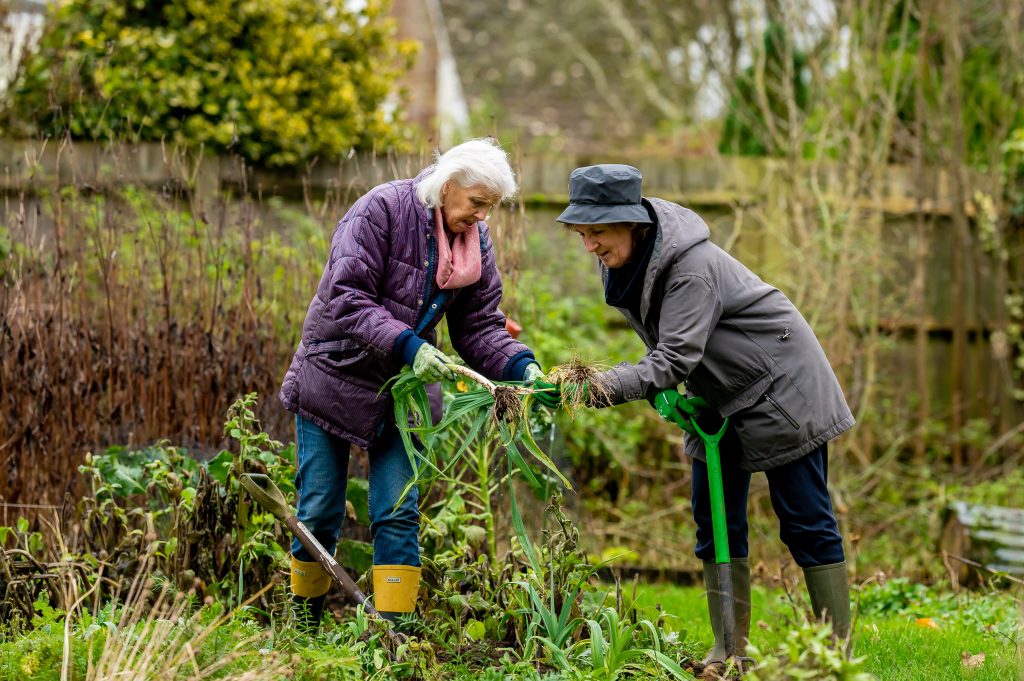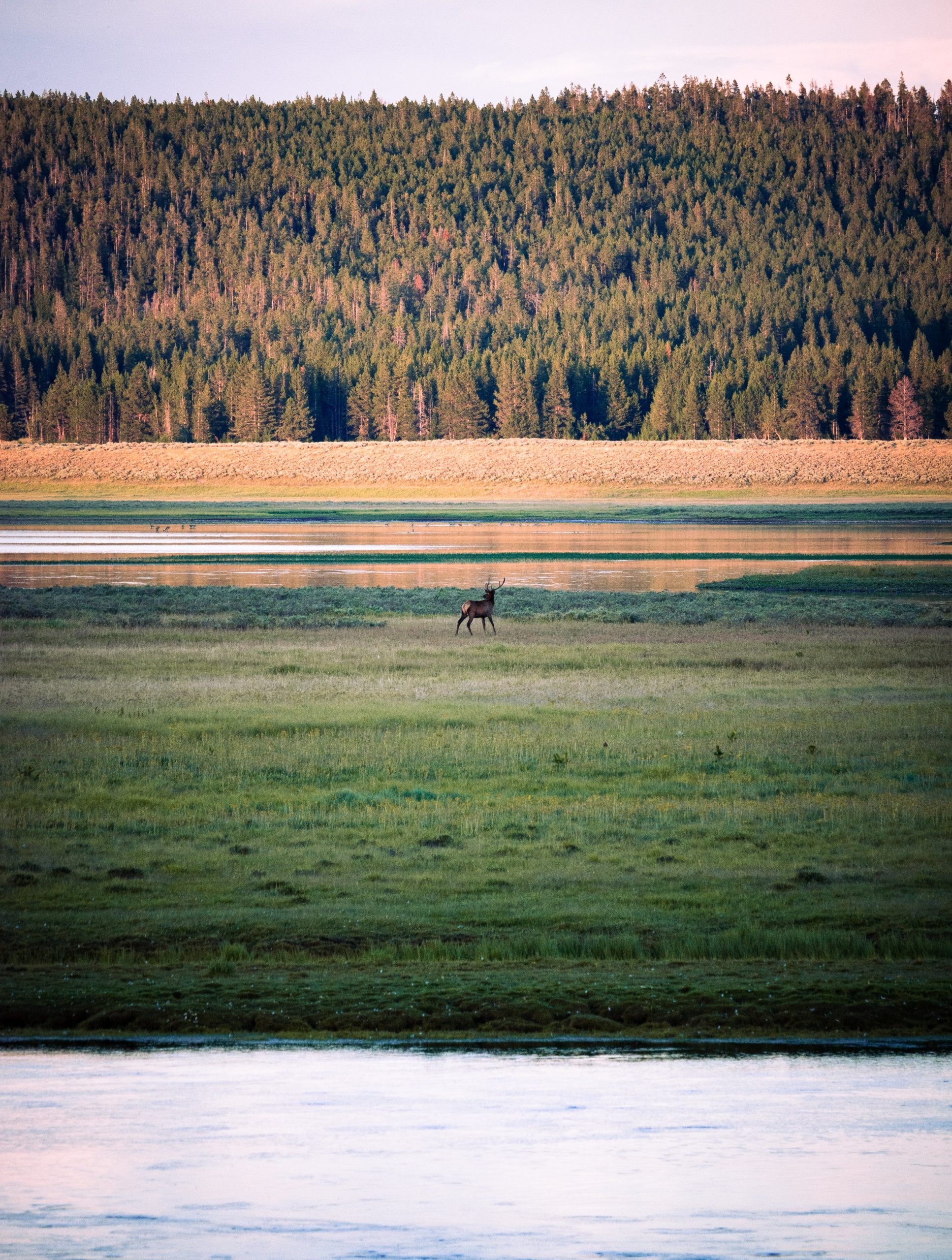The long-awaited ban on sales of peat-based compost comes into effect for home gardeners this year.
This isn’t the end of the story, however. For the professional sector, a phased approach will reduce use from December 2026 before a full ban comes into effect from 2030. This means that while some peat-containing products will be banned from shelves in 2027, others will be exempt until 2030.
The gardening charity the Royal Horticultural Society (RHS) encourages gardeners to take the matter into their own hands by making their own compost, as a free, easy and sustainable alternative to shop-bought soil improvers.
Professor Alistair Griffiths, Director of Science at the RHS, says: ‘Composting is one of a handful of small changes gardeners can make on their plots to help accelerate the UK’s transition to peat-free and for people to make a positive difference to the environment and the health of their plants and planet.’
The charity Garden Organic believes that if consumers are provided with the facts they will swap their peat-based compost for homemade or peat free.
It has long campaigned for the end to peat use through its For Peat’s Sake campaign and is committed to getting the word out to as many people as possible through gardening clubs, allotment associations, garden centres and schools. To join the campaign, go to Garden Organic – Discover organic growing The website also has guidance on making your own peat-free compost mixes.
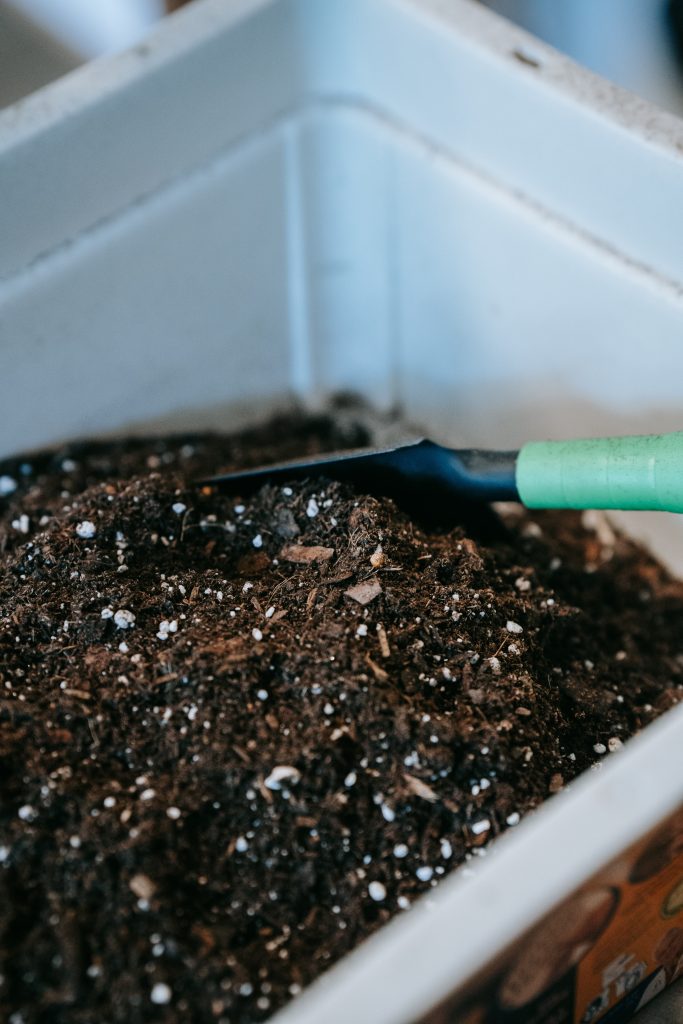
A long story
It’s been a long and winding road to get to this year’s ban and there is still wide-spread confusion.
In 2011 an agreement was reached between the horticultural industry and the Government that the use of peat-based compost would be gradually phased out by 2020, giving manufacturers time to develop good quality peat-free alternatives. This was a voluntary agreement, but the Government said it would legislate if this was not successful.
The 2020 deadline was missed, so in August 2022, Defra (Department for Environment, Food and Rural Affairs) announced a ban on the sale of peat and peat-containing products in the retail horticultural sector by the end of 2024. Consultations carried out with the public showed support for going peat free. Of 5,000 people interviewed, 95 per cent were in favour of ending peat sales to gardeners.
Then last year the decision was taken to delay the ban for the professional sector until 2026 (with some exemptions) before the full ban in 2030. Defra said the delay was to enable professional businesses to find other suitable peat-free growing alternatives. It said a balancing act was needed between protecting precious peatlands while also acknowledging difficulties faced by the industry in making the changes.
Peat-free alternatives include organic materials such as bark, coconut fibre (coir) and bracken.
With more than 7 million people having taken up gardening since the pandemic, demand for compost is greater than ever. The amateur sector accounts for 70 per cent of sales of peat-based compost in the UK.
Why are peatlands precious?
Peat is an accumulation of partially decayed ancient plants in the earth’s wetland eco-systems, called peatlands or peat bogs. Because it is stored under water, the organic matter doesn’t release carbon as it decays. Many of these peatlands have been growing undisturbed for thousands of years.
The UK’s peatlands store three times as much carbon as its forests, but the vast majority are in a degraded state. Estimates suggest that only 5-10 per cent remain in near-natural condition.
For peat to remain healthy it must remain wet – extraction dries it out, sometimes triggering wildfires, and the carbon inside the bog is released as carbon dioxide, accelerating climate change. Emissions from peatlands make up over 4 per cent of all the UK’s annual greenhouse emissions – the equivalent of the carbon footprint of just under 2 million people.
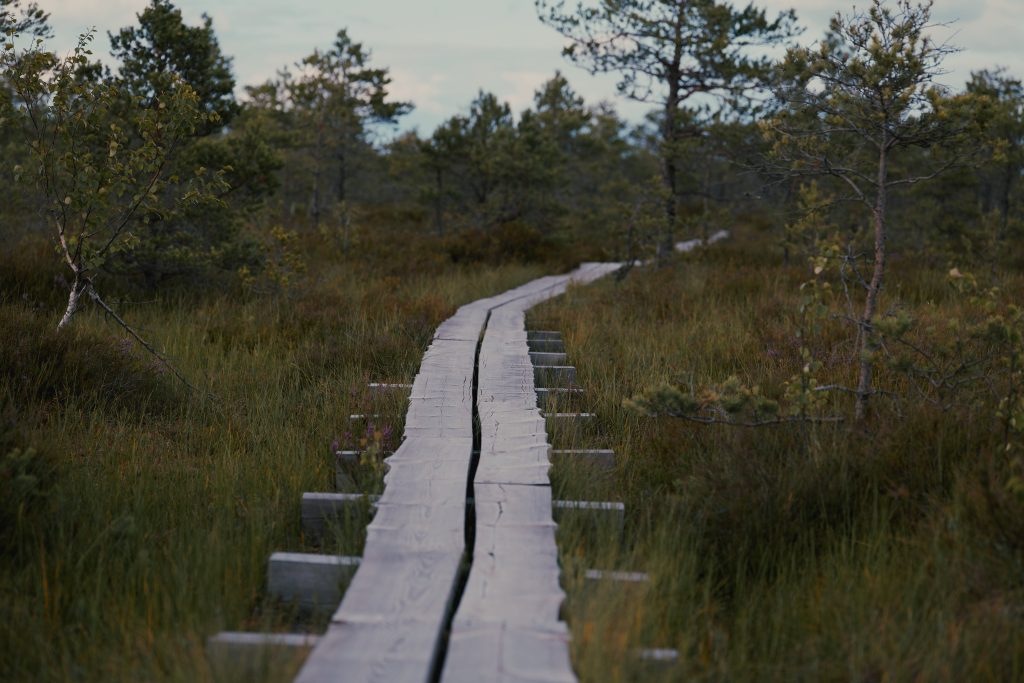
With extraction, wildlife also suffers as animals lose their homes, and the local area loses a defence against flooding as healthy peatlands act as huge sponges.
The extraction of peatlands was scaled up in the early 1960s for the horticultural industry. For decades it has been an ingredient in the majority of composts sold in British garden centres. It became popular as a fertiliser because it retains moisture and nutrients. It’s also inexpensive and easy to dig out and process into bags.
Environmentalists have long warned than digging up peatlands for use in gardens is a huge source of emissions and devastating for wildlife. The conservationist David Bellamy raised the issue of peat bog damage in the 1970s. Globally, peatlands store half a trillion tonnes of carbon. Environmental agencies say that any peat compost ban must include the importation of peat in potted plants.
Monty Don, presenter of BBC’s Gardening World, has said that using peat is ‘eco-vandalism’ and there is never any justification for using it.
When the delay to the ban was announced, Garden Organic expressed disappointment, not only at the delay but also the confusion that had been created.
Garden Organic’s chief executive Fiona Taylor said: ‘Peatlands are running out of time, and we need action now to stop the degradation of this precious eco-system just for the sake of our gardens and garden plants. Gardening should be about giving back to nature, nurturing plant diversity and soil health.’
She said the delays created a confusing marketplace for gardeners trying to do the right thing.
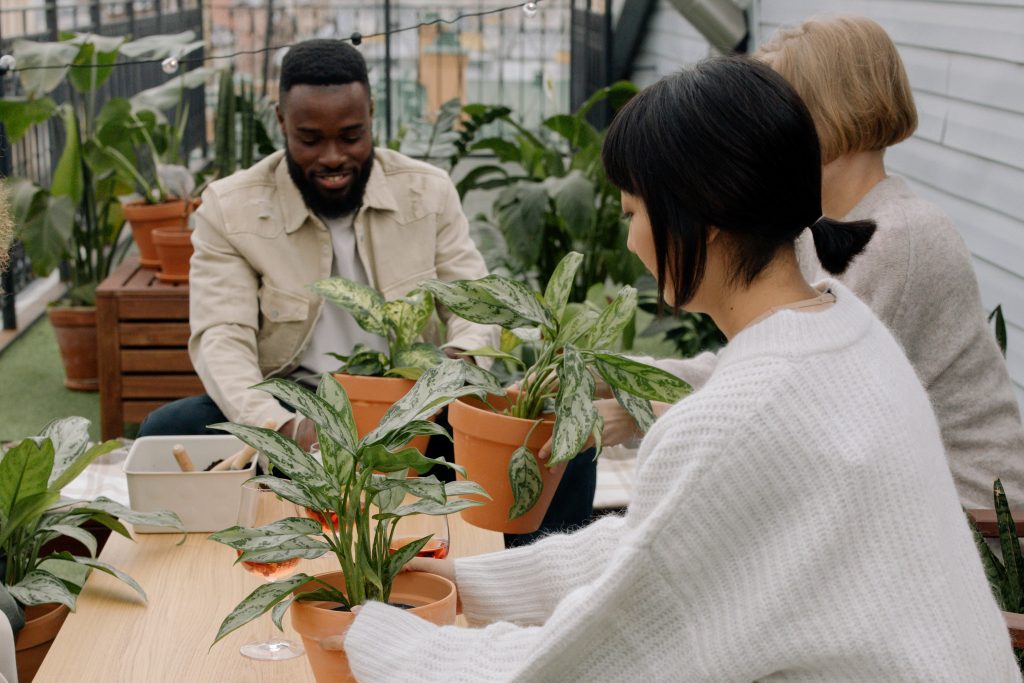
‘It’s good that gardeners won’t be able to buy bagged peat from 2024, but at the same time they could be buying it unwittingly via shop-bought peat-grown plug plants. ‘
Exclusions to the ban include a special dispensation for plug plants and mushrooms, which together made up 42 per cent of all peat used by professional growers in 2021.
The Wildlife Trusts have also been urging governments to enforce bans for the last 30 years. They say the burden should not be on the consumer to ensure they are not inadvertently buying peat-based products.
Research by the RHS last year showed that fewer than one in five nursery growers were peat free, but some had moved to peat-free growing in every main plant group, showing that the shift was possible for all plants.
Despite the delays, the UK is far ahead of other countries in tackling the issue.
The benefits of quality homemade compost are many – when added to soil, compost sequesters carbon, improves plant growth, conserves water and helps prevent nutrient runoff and soil erosion. Used as a mulch added in layers of 5cm on the top layer of soil, it suppresses weeds, improves soil structure and prevents moisture loss in hot weather.
And if you’re anything like us at Great Green Systems, composting can become a fascinating hobby too.
